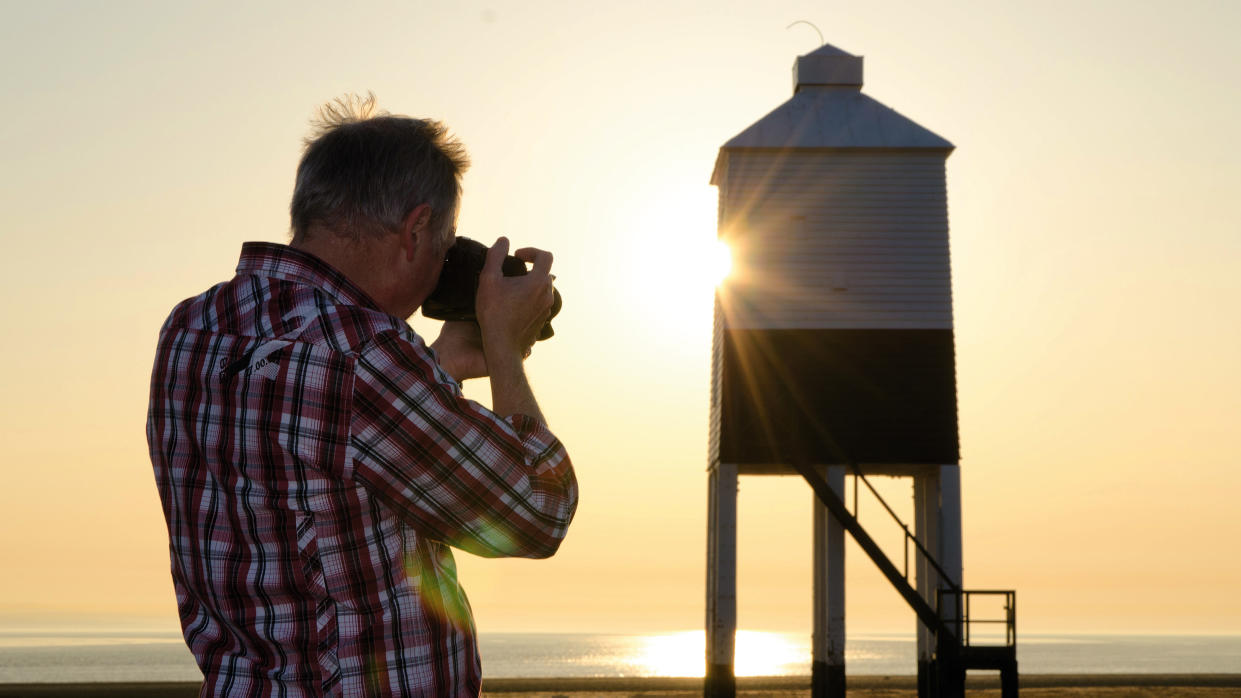I can’t understand how taking photos got so complicated!

A lot has changed in photography. Cameras now are vastly more sophisticated than they were in the days when a 35mm SLR was the bee’s knees. Everything is better. And more complicated.
My first proper cameras were a series of 35mm SLRs film cameras and a couple of medium format TLRs, all of them manual. They didn’t all have light meters, even, or at least light meters you could rely on.
So you’d think this manual approach would be hard work, right? Actually, it was a simple 1-2-3 process. (1) Shutter speed, (2) Aperture, (3) Focus.
Very often, the shutter speed and aperture wouldn’t change a lot, especially for a series of shots of the same subject or scene in similar lighting. That just left focusing – and with the helical gears, long travel and super-smooth movement of old-school lenses, that was no great chore. Often, the focus was about right from the last shot anyway.
Yes, I know I’m simplifying. I know modern AF systems allow us to track and focus on fast-moving subjects with a speed and precision we never had before. Modern cameras make many new things possible. But they don’t necessarily make the ‘old’ things easier.
Check, check and check again
So let’s fast-forward a few decades. Now there’s rather more to check. Are you in the right exposure mode, the correct AF mode? Where’s your AF point, have you got subject recognition switched on and what’s it doing? Is your meter linked to the current AF point, should you have auto ISO on or off, or with the settings altered? Where’s your white balance, have you got the right crop setting, do you need the electronic first curtain shutter, are you in the right IS mode, and did you reset those function buttons… etc. etc.
Now all of this is a reflection of the enormous increase in power, versatility and flexibility of modern cameras. A basic mirrorless camera today has features and capabilities that pro analog photographers could never have dreamed of.
But choices bring decisions, and sophistication is often the enemy of simplicity. So if I put my old 35mm SLR and new full frame mirrorless camera side by side, I can say that the digital model outperforms the analog camera in absolutely every respect.
However, taking a picture with my old analog cameras was a 1-2-3 process that left all my attention on the subject and hardly any on the camera. Today, the position is often reversed.
A simple camera, limited though it might be, does not demand your attention. It’s like riding a bike. Once you learn how to do it, you stop thinking about it.
I’m not so sure a modern camera does the same. Even if you set everything to auto and leave it to work its automated AI magic on its own, there’s always some setting, some parameter, some detail you’ve forgotten to reset or enable or find out about before you started shooting.
My modern digital gear captures images of a far higher technical quality than my analog cameras. The creative quality, I’m not so sure about. I used to look THROUGH my cameras, but today I seem to spend much of my time looking AT them.

